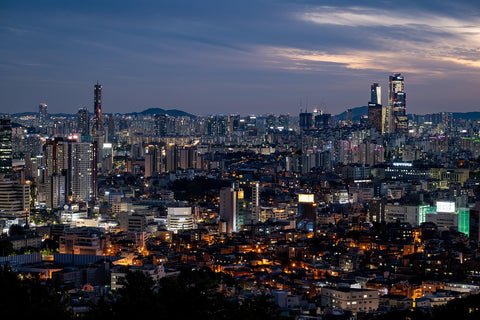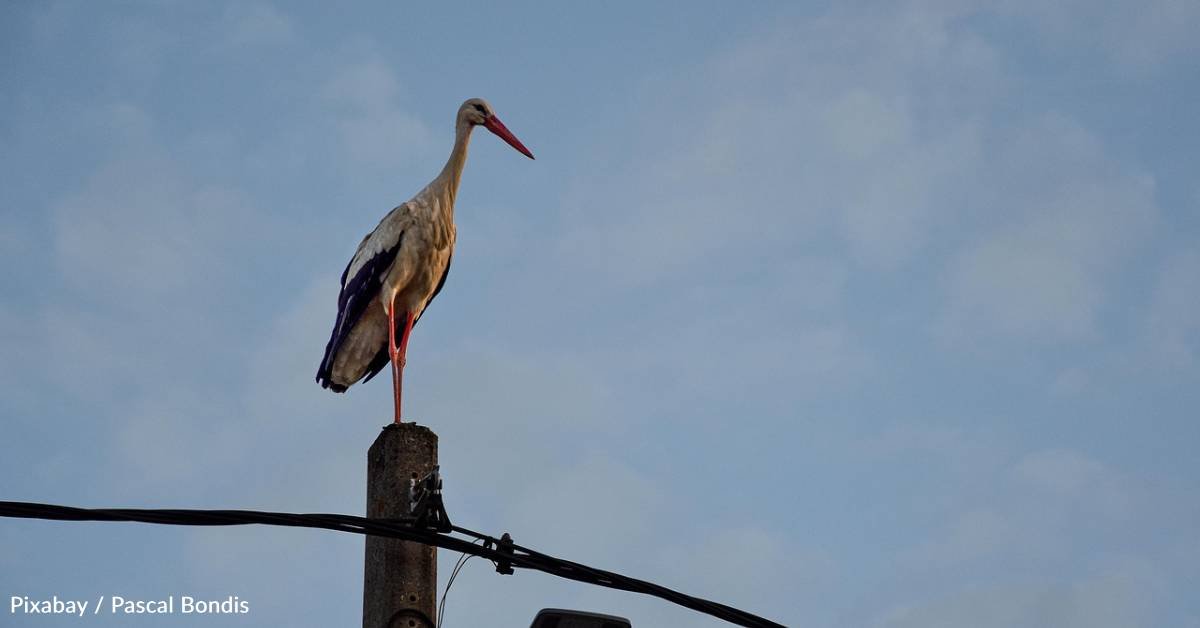Michelle Milliken
Light pollution caused by human development is something that animals have had to adapt to. Unfortunately, it can have negative effects, including to success with turtle nests and to the safety of migratory birds. New research shows that it can also be messed with Birds’ Sleep-Wake cycles.
A couple of researchers from southern Illinois University Carbondale and Oklahoma State University recently analyzed more than 180 million bird rooms from 583 species across the globe to understand how they respond to light pollution.

Using global satellite images and machine learning to convert vocalizations to visualizations, the team found that birds were on average vocals for 50 minutes for each day in areas with more light pollution. It was only an average of variations between species. The most affected species were those with big eyes and open the nests and those who migrate and have great intervals. It was especially common during the breeding season.
What is behind this behavior?
Brent Pease, study author and assistant professor of Siu’s School of Forestry and Horticulture, says: “The next question was: Why? What is it to run this reaction of birds? We had the idea that it might be a species’ photoreceptor sensitivity views. And it was brighter.

In the future, researchers say it will also be important to learn how the increased wakefulness affects bird health.
If you would like to help minimize the light pollution you are contributing, the American fish and wildlife service says you can turn off any unnecessary outdoor lighting, keep outdoor lighting low to the ground and avoid pointing it upwards or against the landscape, close your blinds and curtains at night and use warmer colored pears less appropriately to cause problems for the birds. This is especially important during the spring and autumn migration season, when light pollution can interfere with the flights of migratory birds, causing them to exhaust their energy stores, be more likely to collide with a building and be at higher risk of predators. You can read more tips here!

